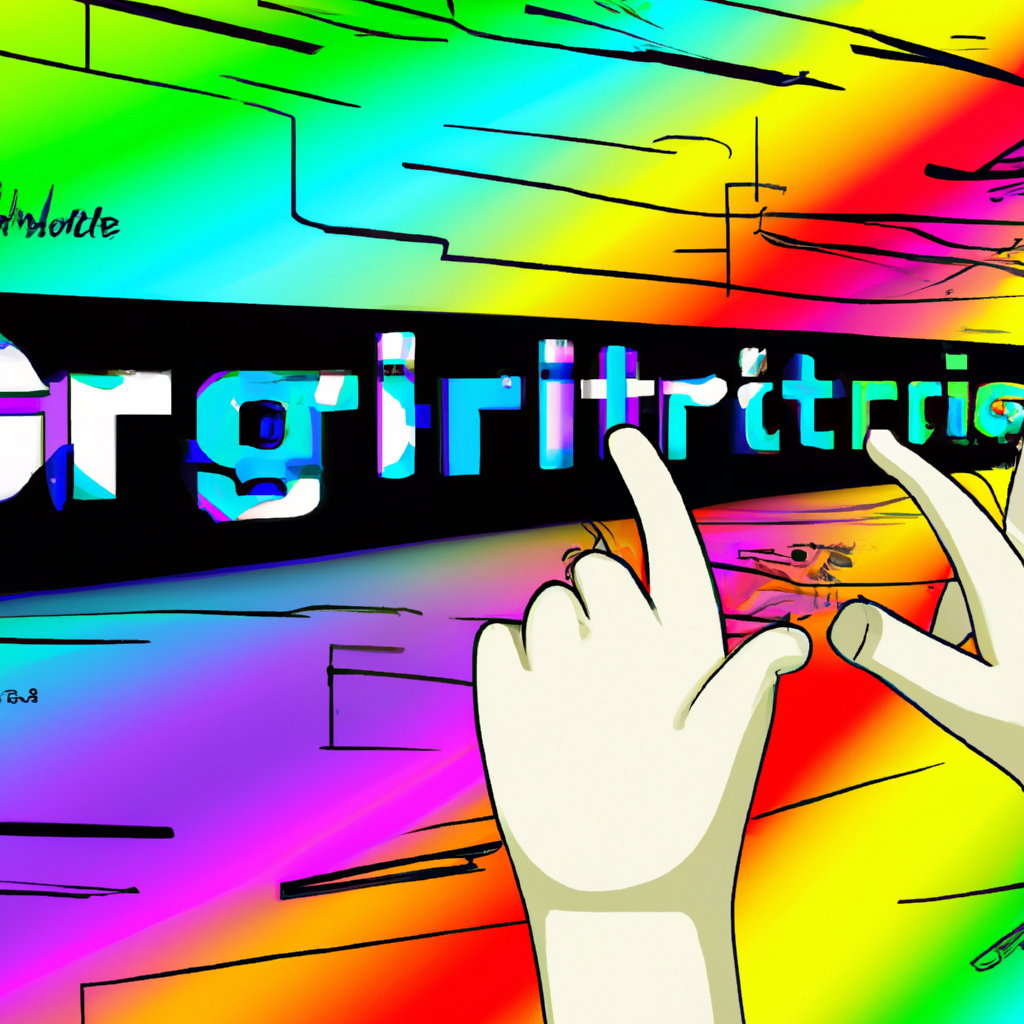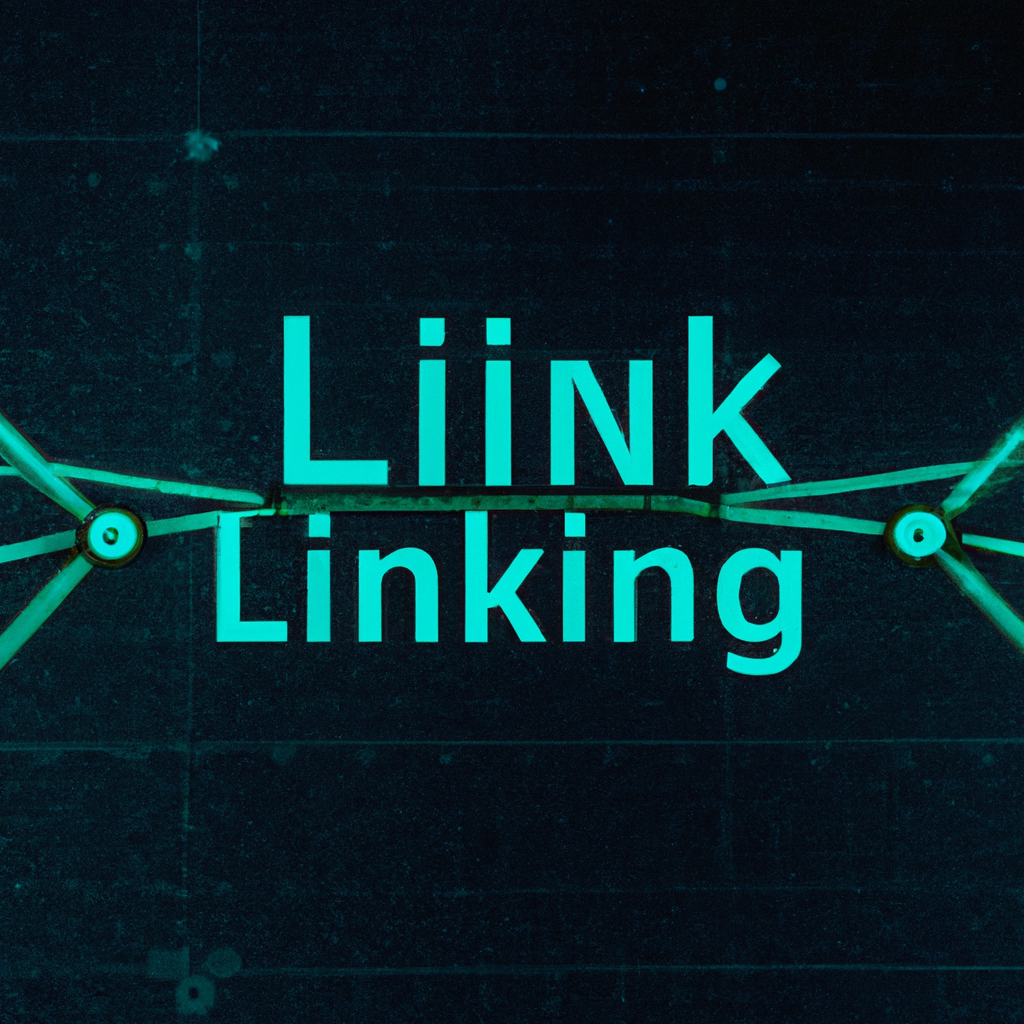Crawl Budget
Key Takeaway:
- Understanding crawl budget in SEO is essential to ensure that search engines are effectively crawling and indexing your website. Crawl budget refers to the number of pages a search engine crawls on your site in a given time frame.
- Factors that affect crawl budget include site quality and authority, page load times, duplicate content, fresh and relevant content, and site structure and navigation. By optimizing these factors, you can improve your site’s crawl budget and overall search engine performance.
- Strategies for optimizing crawl budget include updating your sitemap and regularly checking your index coverage, monitoring kilobytes downloaded and Googlebot activity, and optimizing your website’s architecture and content to improve crawlability.
Understanding Crawl Budget in SEO
Crawl budget is a crucial concept in SEO that can determine the efficiency and effectiveness of your website’s crawling and indexing by search engines. In this section, we’ll explore the basics of crawl budget, including what it is and why it’s important for SEO. So, let’s delve into the world of crawl budget to make sure your website is getting the attention it deserves from search engines.
What is Crawl Budget?
Crawl budget is the number of pages that Googlebot looks at on your website in a given time period. Google adds and removes URLs based on factors like page quality, authority, relevance, and popularity. Crawl budget is vital for successful SEO performance – it decides which pages get included in search results. As websites make more content, crawl budget is more important than ever.
High-quality content and backlinks give a website a higher crawl budget. Slow page load times can reduce crawl budget, since Google spends longer to index them. Duplicate content uses resources that could be used elsewhere, like making fresh or relevant content or better site structure and navigation.
To optimize crawl budgets on large websites, there are strategies beyond technical parameters like HTML tags and table design. Updated sitemaps and regular index coverage checks help. Load only essential elements when required to enhance crawl speeds.
Crawl budget is key to SEO. To make sure your website is crawled and indexed well, optimize your crawl budget. Check your crawl status routinely and make improvements as needed to maintain a healthy crawl budget.
Why is Crawl Budget Important for SEO?
Crawl budget is an essential part of SEO that website owners must pay attention to. Nowadays, it’s increasingly important to optimize this budget, since it decides how many pages a search engine can crawl and index within a certain period. This metric has a major influence in improving a website’s performance on SERPs.
Different websites have different crawl budgets, depending on factors such as quality, authority, page load times, and content freshness. Therefore, optimizing the crawl budget can help boost your website’s search engine performance.
Website structure and navigation have an effect on crawl budget optimization too. Having a structured sitemap with clear paths for the crawlers makes it easier for them to move around your site. Updating the sitemaps and checking index coverage regularly are also important to maximize the crawl budget.
Using various strategies can optimize scan budgets effectively. Prioritizing updates and keeping the site organized will enhance scan speeds and recoverability from errors.
If you want your website to crawl faster, you need to eliminate duplicate content, reduce page load times, and keep content fresh. These elements greatly affect the crawl budget.
To sum up, crawl budget is key in SEO, and optimizing it can improve your website’s overall performance on the SERPs.
Factors That Affect Crawl Budget
To make sure that your website is being effectively crawled by search engines, understanding crawl budget is integral. In this section, we’ll discuss the factors that impact crawl budget, including:
- Site quality and authority,
- Page load times,
- Duplicate content,
- Fresh and relevant content, and
- Site structure and navigation.
By examining these elements, we can make informed decisions about optimizing our website for efficient crawls and better search engine rankings.
Site Quality and Authority
Quality and authority on a website are very important. Googlebot looks at the value of a website to figure out the crawl budget. Sites with higher value will get better crawling than those with lower value. To get better crawling, high-quality websites must give good user experiences with clean layouts and fast loading pages.
Trustworthiness and user experience also affect quality and authority. Slow pages use more resources and can hurt a crawl budget. To guarantee that a website can handle more crawling and give valuable user experiences, web administrators should optimize features like structure, navigation, links and metadata.
By optimizing these features and making sure indexability is regular, web administrators can make web ecosystems that are fit for consistent crawling. If page load times are slow, the website’s crawl budget may suffer. So it is important to speed up the website.
Page Load Times
Page load times have a major influence. They can affect crawl budget, user experience and bounce rates. If pages are slow, visitors might leave and engagement will drop. Optimizing page load times is therefore vital to better SEO and user experience.
To speed page loading, cut any features that might slow it down. This includes big images, lots of plugins and complex code. Reducing these helps website owners make their sites crawlable and give users a better experience.
Tip: Use Google PageSpeed Insights or GTMetrix to measure and optimize page load times.
Never copy content – be creative instead! When you run out of ideas, think outside the box.
Duplicate Content
Duplicate content can damage search engine rankings. Search engines may be unable to decide which version of the content is the most suitable. To stop these issues, one must use best practices such as canonical tags, unique meta descriptions and titles. Furthermore, copying content from other sources without proper credit should be avoided. Monitoring for duplicates on your website is also essential. Even though Google’s John Mueller stated there is no penalty for duplicate content, it still can hurt SEO efforts. This is because it reduces the ranking power of the affected pages.
Fresh and Relevant Content
For good SEO, fresh and relevant content is key. Update your site regularly with new and useful info for visitors. Search engines prioritize sites with fresh and relevant content, as it shows the site is managed.
Having fresh and relevant content keeps people engaged and brings them back. It can also attract new visitors. Search engine bots crawl sites with fresh content more often, which can lead to higher rankings.
Making new content is vital, but updating existing content is too. Refresh outdated info or add new insights to pages. Search engines recognize sites as authorities in their niche and reward them with better rankings.
For fresh and relevant content, update your website at least once a week. Make a content calendar and plan what type of content will be created. Monitor user engagement metrics, like bounce rate and time on site, to understand user interaction and make adjustments.
Remember that your website’s structure and navigation can affect your crawl budget. Make it easy for search engines to navigate your site and crawl all your content.
Site Structure and Navigation
A website’s structure and navigation are key for optimizing the crawl budget and better indexation rates. Organize the web pages logically and intuitively, making it easy for visitors and Googlebot to navigate. Categorize the pages and link them through menus or internal links for search engines to understand the context. Have unique URLs with informative anchor text. Avoid dynamic parameters in URLs that can confuse crawlers. Ensure linked pages have relevant titles to prevent duplication issues. A well-defined structure and navigation leads to better visibility on SERPs and maximum utilization of the crawl budget.
How to Optimize Crawl Budget for Large Websites
When it comes to large websites, optimizing crawl budget can make all the difference in search engine rankings. In this section, we’ll explore strategies for optimizing your scanning budget, including the importance of regularly updating your sitemap and performing index coverage checks. Get ready to boost your website’s visibility with these crawl budget optimization techniques!
Importance of Updated Sitemap and Index Coverage Check
An updated sitemap and index coverage check are essential for any website. They have a major effect on the crawl budget of a site. These elements help search engines understand the structure and content of a website. This understanding directly influences the efficiency of the crawling process.
These two components aid search engines in quickly identifying and crawling new content, leading to faster indexing. Additionally, they make sure search bots don’t waste time crawling irrelevant or non-existent pages. An updated sitemap and index coverage check also inform search engine bots about changes made to a website, improving rankings.
For large websites, these two components are important for optimizing crawl budget. They help ensure that important content is crawled regularly, while less important pages receive less priority. This is essential and helps website owners understand which pages are prioritized.
Another unique aspect of an updated sitemap and index coverage check is its ability to improve user experience. Well-structured websites with easily navigable links help users find relevant information quickly. By paying attention to these components, navigation becomes smoother for users with disabilities.
Google’s analysis of a large dataset across various sites’ usage behaviors showed that having an optimized crawl budget through sitemaps, canonical tags, accurate redirect rules, mobile rendering optimization factors like AMP & responsive web design practices and higher SERP rankings. To save a website from getting lost in the digital abyss, website owners must have killer strategies for optimizing their scan budget.
In conclusion, an updated sitemap and index coverage check is a must-have for any website.
Strategies for Optimizing Scanning Budget
For large websites, implementing strategies can increase content visibility and indexing in search engine results. First, identify low-priority pages with poor user engagement metrics like high bounce rates or low time on site. Block these pages from search engines with robots.txt or meta tags. Consolidate similar content onto one page and redirect the rest.
Optimize internal links with meaningful anchor text and clear navigation paths. Update your sitemap regularly and check index coverage reports. Monitor crawl errors, redirects, and broken links to see areas that need improvement. Follow these four steps to optimize scanning budget.
Determining and Improving Crawl Budget for Better Site Performance
If you’re looking to improve your website’s overall performance, it’s crucial to understand and optimize your crawl budget. In this section, we’ll explore the importance of hosting and crawl budget combination, as well as how to monitor kilobytes downloaded and Googlebot activity. Plus, we’ll offer tips on how to optimize your website work to improve your crawl budget and get your site better visibility.
Importance of Hosting and Crawl Budget Combination
Website optimization depends heavily on combining hosting and crawl budget. Selecting a suitable hosting provider is vital, as slow or unreliable servers can damage the crawl budget and hinder search engine rankings.
To get the best hosting and crawl budget, website owners must watch kilobytes downloaded and Googlebot activity. Analyzing how much data Googlebot downloads while crawling the website helps identify areas that require improvement. Monitoring can lead to better crawl budget, leading to better SEO eventually.
Optimizing various website features can also improve crawl budget. For example, compressing images and streamlining coding practices can make page load times faster. Properly formatting content avoids duplicate content issues, which can affect crawl budget.
In conclusion, hosting and crawl budget are of utmost importance for website optimization. Tracking website activity and optimizing website features can help maximize your crawl budget and boost your site’s SEO. So, constantly monitor kilobytes downloaded and be aware of Googlebot’s movements to get the most out of your crawl budget.
Monitoring Kilobytes Downloaded and Googlebot Activity
Optimizing crawl budget is essential. To do this, webmasters should keep an eye on kilobytes downloaded and Googlebot activity on their website. Through this, they can get an understanding of data transfer during a crawl and spot any issues that could be wasting the crawl budget.
A good way to track the data is to make a table. This should include Date, Kilobytes Downloaded, Number of Pages Crawled, Time Spent Crawling, and Errors Encountered. By studying this data over time, webmasters can detect trends and make informed decisions about optimizing the website.
For instance, if pages take long to load or have many errors, webmasters can fix them to reduce resources used by Googlebot. Additionally, monitoring the number of pages crawled helps webmasters figure out where optimization efforts should be focused.
In short, it is vital to monitor kilobytes downloaded and Googlebot activity to optimize crawl budget and upgrade site performance. Through this data and the right optimization strategies, webmasters can ensure their website is crawled properly, without wasting resources. Get your website in shape with these powerful optimization strategies!
Optimizing Website Work to Improve Crawl Budget
To boost crawl budget, website optimization is key. Upgrading page load times, eliminating duplicate content, and adding new, relevant content will make the site more attractive to users. This will improve the site’s crawling optimization, helping it keep quality and authority.
Regularly updating sitemaps and running index coverage checks are must-dos for website optimization. These methods have a major influence on scanning budget allocation, and thus, on crawlability.
By watching Googlebot activity and tracking kilobytes downloaded, you can get suitable hosting plans. This will enable smooth crawling sessions and optimize website performance.
Neglected URLs can have a great impact on crawl efficiency. That’s why URL organization and navigation must be taken seriously. With proper optimization, these challenges can typically be easily solved.
For any website proprietor who wants to develop their online presence, optimizing website work to enhance crawl budget should be a top priority.
Conclusion and Actionable Steps for Improving Crawl Budget
SEO is becoming more vital, so website owners, developers, and marketers are focused on increasing the efficiency of their site’s crawling. This is known as the ‘crawl budget’, and it influences a site’s ranking and visibility. To make sure search engines crawl and list your website correctly, there’s a 6-step guide to optimizing the crawl budget:
- Delete any duplicate URLs from the sitemap & indexable lists, so Google can concentrate on important pages.
- Monitor errors in Google Search Console and immediately fix server issues.
- Speed up your website by compressing code, using a CDN, and optimizing images.
- Cut down on redirect chains & avoid unneeded redirects, so Googlebot can crawl efficiently.
- Block unnecessary pages with robots.txt & meta tags, to help Googlebot prioritize.
- Keep your website current with fresh, high-quality content to boost indexing.
Crawl budget optimization is ongoing, and you should frequently check your crawl budget. Tools like Google Search Console & third-party crawlers can help you spot crawl rate changes & issues. By implementing these strategies, you can raise your site’s crawl budget, plus detect any SEO problems which could affect search results.
Five Facts About Crawl Budget:
- ✅ Crawl budget refers to the number of pages Google crawls on a site. (Source: Team Research)
- ✅ Improving site quality, reducing page load times, and avoiding duplicate content can increase crawl budget. (Source: Team Research)
- ✅ Regularly updating with fresh content and optimizing site structure can also improve crawl budget. (Source: Team Research)
- ✅ The amount of time and resources Googlebot can dedicate to scanning a site is limited, called the scanning budget. (Source: Google)
- ✅ Optimizing crawl budget can improve a site’s ranking on Google and attract more visitors. (Source: Various)
FAQs about Crawl Budget
What is crawl budget and why is it important for SEO?
Crawl budget refers to the resources that a search engine like Google dedicates to crawling and indexing your website. It is important for SEO because the higher the crawl budget value, the more frequently your site gets scanned and indexed, leading to better search engine visibility and higher rankings.
How can I increase my crawl budget?
To increase your crawl budget, you can improve your site’s overall quality and authority, reduce page load times, avoid duplicate content, regularly update your site with fresh, relevant content, ensure that your site’s structure is easy to navigate, and keep your sitemap updated. These factors signal to Google that your site is important and worth scanning frequently.
What is the relationship between crawl budget and hosting?
The combination of hosting and crawl budget is important for website optimization. If your site has structural needs that require a good upgrade such as cloud hosting or a dedicated server, it can improve your site’s performance and attract more visitors. When it comes to crawl budget, the higher the number of kilobytes downloaded, the more Google values the website and its content.
How can I determine my crawl budget?
Google Search Console and the Crawl Stats report can be used to determine the crawl budget that Google has dedicated to your site. These tools provide valuable data on how frequently your site is being scanned and indexed, as well as any crawl errors or issues that need to be addressed.
Why is it important to optimize my crawl budget?
Optimizing your crawl budget can lead to better search engine visibility, higher rankings, and increased overall performance for your site. By ensuring that your site is easy to navigate, loads quickly, has fresh and relevant content, and avoids duplicate content, you signal to Google that your site is an important resource worth crawling frequently.
Who needs to optimize their crawl budget?
The need to optimize your crawl budget depends on the size and update frequency of your website. Owners of large websites with over a million unique pages or over 10,000 pages that change frequently can benefit from optimizing their crawl budget. However, if your site has a low number of pages or infrequent updates, the need for optimization may not be as pressing.







